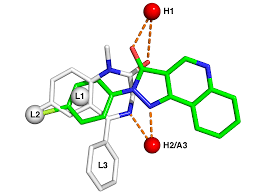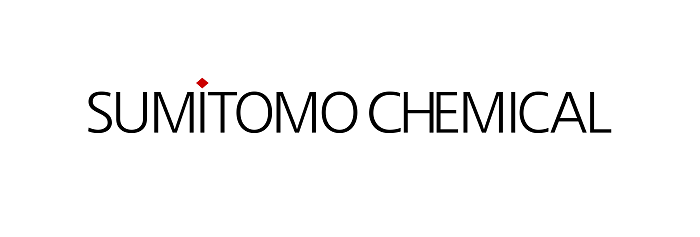Introduction:
Chemistry is the backbone of modern medicine, influencing everything from drug development and diagnostics to treatment strategies and preventive care. Its danatoto principles and practices have driven numerous medical innovations, improving lives and extending lifespans globally.
1. Drug Discovery and Development:
Medicinal chemistry is at the forefront of creating novel drugs. Through a thorough understanding of molecular interactions, chemists can design drugs that interact precisely with biological targets, optimizing efficacy while minimizing side effects.
2. Molecular Medicine:
The molecular understanding of diseases, primarily derived from chemical principles, allows for a more profound comprehension of disease mechanisms. This knowledge leads to better diagnostic tools, treatments, and even cures for diseases previously deemed incurable.
3. Biotechnology:
Chemistry enables the manipulation of biological molecules, leading to innovations in biotechnology. Techniques like CRISPR for gene editing or synthesizing insulin using bacteria are rooted in chemical principles.
4. Personalized Medicine:
Medicine is moving towards a more personalized approach. By understanding the chemical variations in individuals, such as how a person metabolizes a drug, treatments can be tailored to ensure maximum efficacy with minimal side effects.
5. Diagnostic Tools and Imaging:
Chemical agents, like those used in MRI contrasts or radiopharmaceuticals in PET scans, assist in enhancing the clarity and specificity of medical imaging. Additionally, many diagnostic tests are based on detecting chemical changes in the body, aiding in early and accurate disease diagnosis.
6. Vaccine Development:
Chemistry plays an essential role in understanding pathogens at a molecular level, facilitating the development of effective vaccines. Recent rapid COVID-19 vaccine developments are a testament to the power of chemical knowledge in vaccine design.
7. Antibiotics and Antivirals:
The battle against infectious diseases relies heavily on chemistry. Medicinal chemistry helps design potent antibiotics and antivirals, ensuring they target pathogens effectively without harming the host.
8. Nanomedicine:
Chemistry’s advancements have led to the rise of nanomedicine—using nanoparticles to treat diseases. These tiny particles can be engineered to deliver drugs directly to diseased cells, improving treatment efficiency and reducing side effects.
9. Natural Product Synthesis:
Many drugs are derived from natural products. Chemistry allows for the synthesis of these compounds, ensuring a consistent supply and enabling modifications to enhance their therapeutic properties.
10. Understanding Side Effects:
Chemistry helps in understanding and predicting drug interactions and potential side effects. This knowledge is vital for developing safer drugs and informing healthcare professionals and patients about potential risks.
11. Nutritional Chemistry:
The role of nutrients, vitamins, and other dietary compounds in health is a rapidly growing field. Understanding the chemical properties of these molecules leads to better dietary recommendations and nutraceutical developments.
Conclusion:
The marriage of chemistry and medicine has been one of the most fruitful unions in science. As we stand at the cusp of numerous medical breakthroughs, from curing diseases at the genetic level to personalizing treatments for individual patients, it’s evident that chemistry will continue to be the bedrock upon which modern medicine thrives.
Tags:
#ChemistryInMedicine #DrugDevelopment #MolecularMedicine #Biotechnology #PersonalizedMedicine #Diagnostics #VaccineDevelopment #Nanomedicine
The transformative power of chemistry in modern medicine is evident in every pill we take, every diagnostic test we undergo, and every vaccine shot we receive. As the lines between chemistry and medicine blur, it’s exciting to envisage a future where medical treatments are safer, more effective, and tailored to every individual’s unique chemical makeup.











